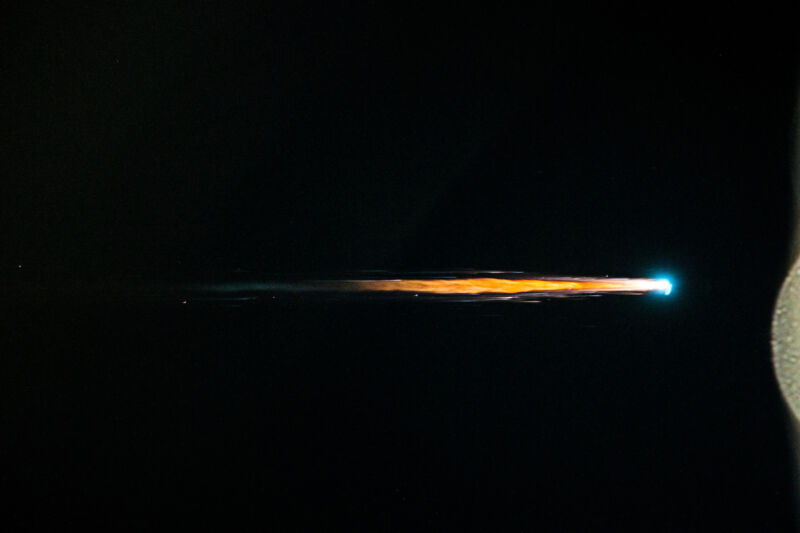NASA and SpaceX misjudged the risks from reentering space junk

Enlarge / A European ATV cargo freighter reenters the atmosphere over the Pacific Ocean in 2013.
Since the beginning of the year, landowners have discovered several pieces of space junk traced to missions supporting the International Space Station. On all of these occasions, engineers expected none of the disposable hardware would survive the scorching heat of reentry and make it to Earth's surface.
These incidents highlight an urgency for more research into what happens when a spacecraft makes an uncontrolled reentry into the atmosphere, according to engineers from the Aerospace Corporation, a federally funded research center based in El Segundo, California. More stuff is getting launched into space than ever before, and the trend will continue as companies deploy more satellite constellations and field heavier rockets.
"The biggest immediate need now is just to do some more work to really understand this whole process and to be in a position to be ready to accommodate new materials, new operational approaches as they happen more quickly," said Marlon Sorge, executive director of Aerospace's Center for Orbital and Reentry Debris Studies. "Clearly, that's the direction that spaceflight is going."